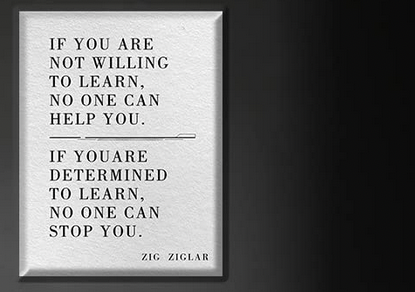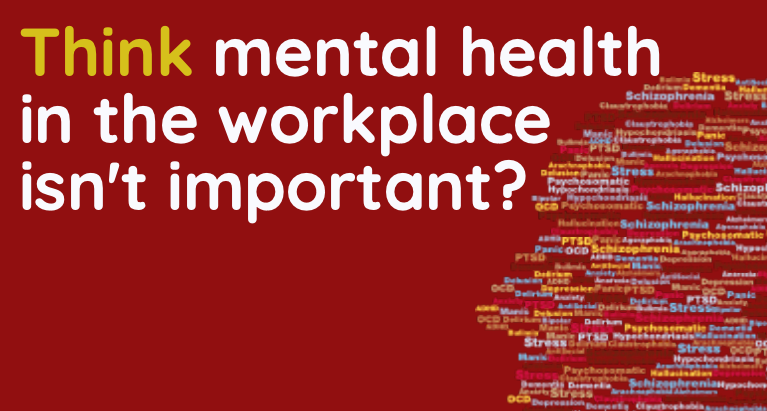To Find Certainty, Focus on Uncertainty...
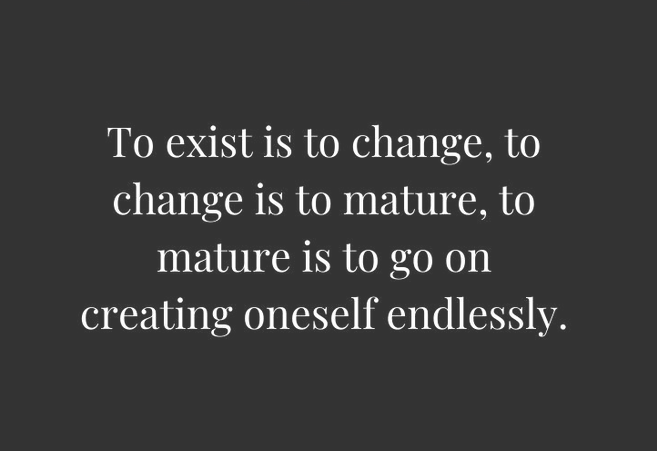
Last week I went through the ever important lessons and rules to live by in the 5 d's of dodgeball (really 4, but you gotta respect the rules to dodge, dip, duck, dive, and - dodge). While its critical to know how to dodge a wrench, it's also important how we deal with life's other aspects outside the dodgeball arena.
There's a high probability that you've never met Tony Robbins but you've certainly heard of him. You probably know someone whose said they've been influenced by him. Whether you like his style or not, believe in him or not, he's influential (not an influencer). His key to results? I personally think he's embraced the concept of fear. I think he sees fear as a challenge and not a risk. He's not afraid of change and very much encourages it. Back in 2019, he introduced 6 human needs which define the reasons people do what they do. The needs are comprised of Certainty, Uncertainty, Significance, Connection, Growth, and Contribution.
I want to focus on uncertainty. I believe uncertainty is a common trait that most people struggle with. Uncertainty is defined as a person being in doubt, of dubiety, with skepticism, of suspicion, feeling mistrust, and a lack of assurance. In our professional careers, we become accustomed to working in a certain way. Why? Because the majority of working professionals slow up learning or cease learning. This creates uncertainty because outside of our experiences, everything else becomes unknown. Sure, you learn on the job skills, but in comparison to one's education, the amount of reading and learning of what we are taught is on the job training. Of course I'm going to back this up with some staggering statistics:
- 33% of U.S. high school graduates never read a book after high school.
- 50% of books started are never read to completion.
- 56% of young people claim they read fewer than 10 books a year.
- 70% of adults have not been in a bookstore in the past five years.
- 80% of U.S. families have not purchased a book this year.
On the job training is the main source of where working professionals gain the other 5 human needs. As we pick up professional skills in the workplace, we become (a) certain in working abilities in which we identify with, (b) gain a sense of significance as we become subject matter experts, (c) develop a connection with those set of skills, (d) grow comfortable in what we've learned, and (e) feel like we are contributing. Any change that impacts those human needs introduces uncertainty.
Unfortunately, uncertainty is a trait that the majority of us are never taught to cope with. We almost act in uniformity as a herd as we conform as a society and seek out comfort. We're wired to be risk averse. We're accustomed to stay in our comfort zones.
It is here where we see how this impacts our professional careers. Research shows that only 64% of projects meet their goals. A staggering 70% of organizations report failure against what projects were promised to deliver. Forbes cited that 95% of product innovation projects fail. 70% of digital transformation fail over time. Only 30% of digital transformation projects result in improved performance. Finally, 90% of projects fail to deliver any measurable ROI.
Why?
Well, there's a common entity: people. In a twist, it’s not people's fault. Unless you've studied in a field like psychology or delved into wellness health, you'll find that most people are never taught how to cope. Look at some of the common reasons the research states that projects fail:
- Changing priorities within organization (people change priorities)
- Inaccurate requirements (people gather and interpret requirements)
- Undefined risks/opportunities (people don't unearth all possibilities, limited by knowledge and experience)
- Poor communication (no, that never happens, does it?)
- Inadequate cost estimates (forecasts are but educated guesses)
- Resource dependency (people not understanding all efforts needed to accomplish tasks and looking for the lowest budgetary bidder)
There are more, but you see my point here, right? Everyone comes in with a different level of exposure, so expecting uniformity on projects at the macro level without taking into consideration individuality at the micro level promotes this cause and effect of uncertainty towards change.
Truth is, we should welcome change. It's ironic that we're told at a young age that change is constant, but once we get inundated with our professional careers, we want things to stay static. We get comfortable with a house, cars, kids, vacations, material possessions, and more. Anything that has the potential to introduce disruption to those other 5 human needs may result in uncertainty hampering our ability to cope with change. It's not something we easily adapt and adopt to. I believe a certain level of uncertainty in our professional careers can be healthy for our growth for several reasons. It can help with our ability to better problem solve, stimulate learning, foster curiosity, enhance emotional intelligence, and develop decision making. If you didn't realize, all of those are coping mechanisms.
While uncertainty can be uncomfortable, embracing it as an inevitable part of our careers can help us develop essential skills, broaden our horizons, and ultimately contribute to our growth. I'm not here to tell you there's a time limit on any one job, but maybe a little uncertainty is a good thing as it spurs creativity and deters complacency. Keep in mind that the length of time an employee stays at one job depends on several factors such as age, job, industry, and one's personal life, but maybe there's a thing to the number 4. According to the Bureau of Labor Statistics, the average tenure for employees is 4.1 years. Furthermore, the typical length of time for consultants to stay at a big four consulting firm is around 4 years. High school last 4 years.
College is supposed to last 4 years unless you're a super-duper senior like Van Wilder, but even Van Wilder had to embrace uncertainty and change.
RECENT ARTICLES:

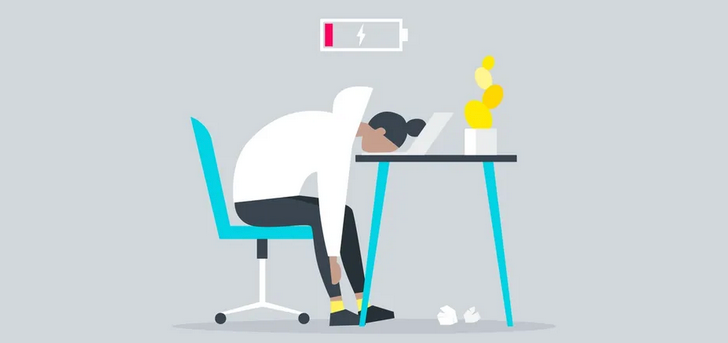
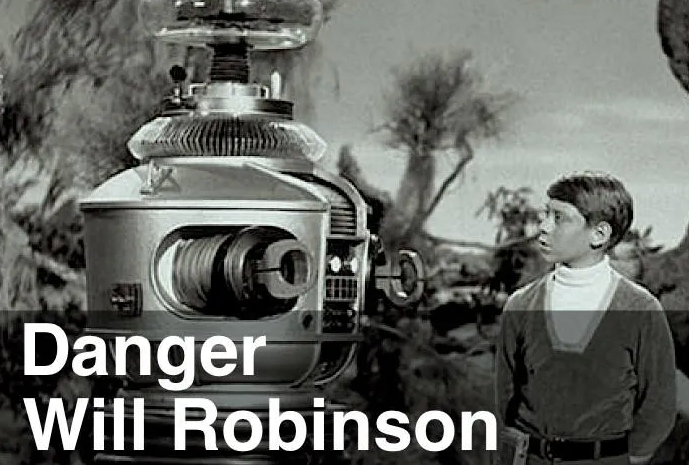
The Robots Aren't Coming ... They're Here. They've Been Here for a While. There's Just More of Them.
